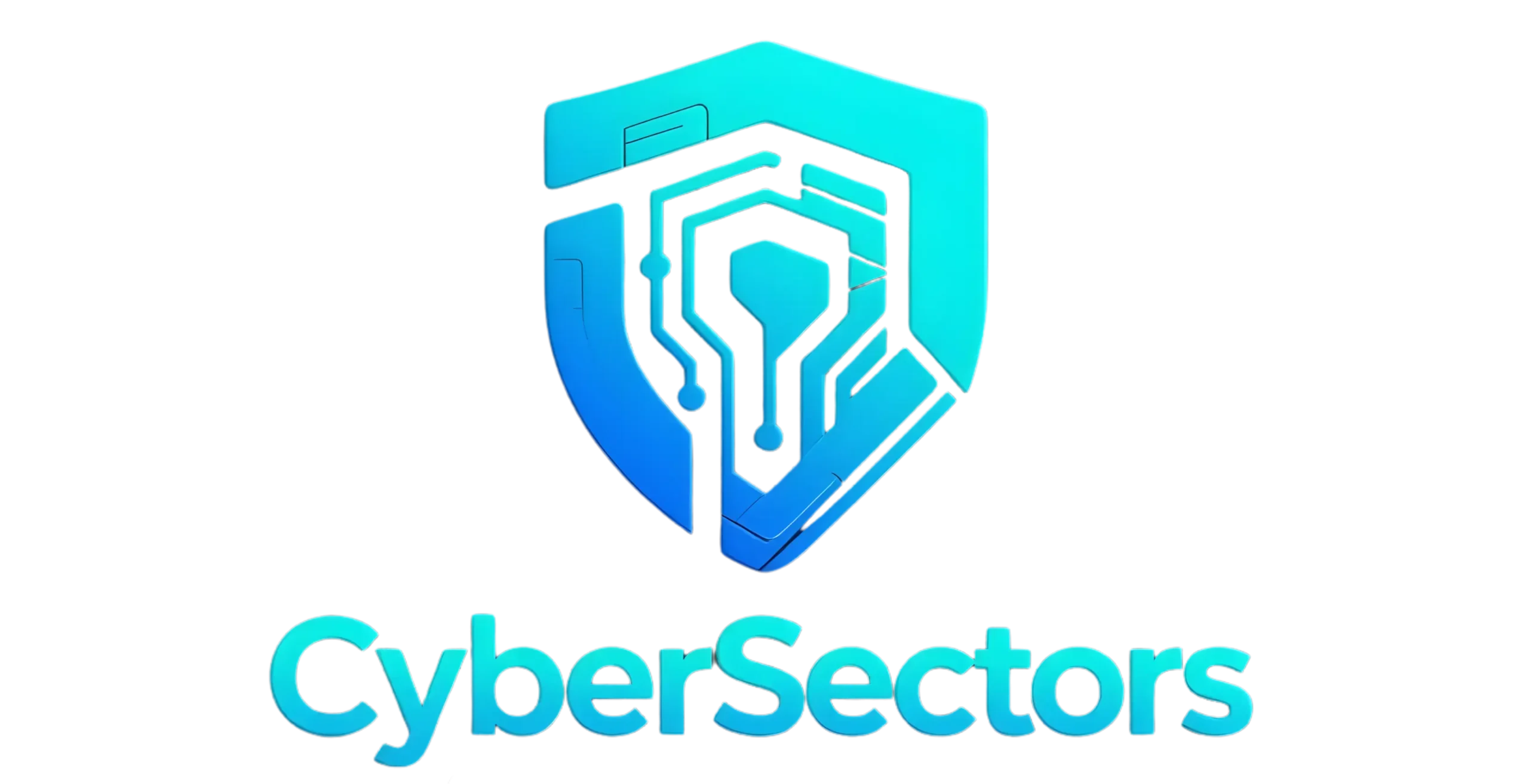Mental health among the elderly is an increasingly critical concern as global populations age. Many older adults face challenges such as loneliness, anxiety, depression, and cognitive decline, often compounded by physical limitations, social isolation, or lack of access to mental health professionals. Traditional care models frequently fall short in addressing these issues due to logistical and economic constraints.
In this context, technology has emerged as a powerful tool to bridge these gaps. From telehealth services to AI-driven companionship, innovative solutions are enabling seniors to access mental health support in more convenient, personalized, and effective ways. Understanding how technology reshapes elderly mental health concerns while aging is vital for policymakers, caregivers, and health innovators alike.
Key Technologies Transforming Elderly Mental Health Care
Telehealth and Online Therapy
Telehealth platforms allow older adults to consult with psychiatrists, psychologists, and therapists remotely. Virtual therapy sessions remove barriers like transportation difficulties and geographic isolation, making mental health care accessible to more seniors.
Internet-based cognitive behavioral therapy (iCBT) has also gained traction, providing guided self-help programs to manage depression, anxiety, and sleep disorders. These digital tools are often designed with older adults in mind, featuring clear interfaces, large text, and step-by-step guidance.
Benefits:
- Improves access to qualified professionals
- Reduces travel and physical strain
- Enables flexible, on-demand care
AI and Digital Companions
Artificial intelligence is now playing a significant role in supporting elderly mental health. AI-powered chatbots can engage in conversation, provide emotional support, remind users to take medications, and track mood changes over time.
Robotic companions, such as ElliQ, are designed to interact naturally with seniors, encourage daily activities, and alert caregivers to unusual behavior patterns. Voice-activated assistants also help those unfamiliar with smartphones to engage with technology effortlessly.
Benefits:
- Reduces feelings of isolation and loneliness
- Provides routine reminders and emotional support
- Monitors behavioral changes for early intervention
Virtual Reality (VR) and Augmented Reality (AR)
Virtual reality offers immersive experiences that can boost mental well-being by engaging seniors in memory recollection, relaxation exercises, and virtual social interactions. VR environments can simulate calming outdoor settings or interactive games that stimulate cognitive function.
Augmented reality enhances real-world experiences by overlaying helpful digital information, supporting cognitive therapy, and encouraging engagement in daily tasks.
Benefits:
- Promotes cognitive stimulation
- Encourages social interaction in a virtual space
- Provides enjoyable, low-risk experiences
Wearables and Smart Home Technologies
Wearable devices monitor key health indicators such as activity levels, sleep patterns, heart rate, and even stress levels. When integrated with mental health platforms, they can detect early signs of mood changes or cognitive decline and notify caregivers or healthcare providers.
Smart home technologies, including fall detectors, motion sensors, and automated reminders, allow seniors to live independently while maintaining safety and mental well-being.
Benefits:
- Enables early detection of health or mood issues
- Enhances safety and independence
- Facilitates timely intervention by caregivers
Social and Communication Platforms
Technology has also transformed how seniors connect socially. Video calls, group therapy sessions, and peer support communities help combat isolation, a significant risk factor for depression and anxiety.
Simplified communication devices, even TV-based systems, allow non-tech-savvy seniors to stay engaged, reducing loneliness while promoting emotional health.
Benefits:
- Strengthens social bonds and emotional resilience
- Provides platforms for group therapy or community engagement
- Makes technology accessible to all seniors
Benefits of Technology in Elderly Mental Health
- Improved Access: Seniors in remote or underserved regions can receive professional care.
- Early Detection: Continuous monitoring helps identify mood or cognitive changes promptly.
- Personalization: AI and digital tools tailor interventions to individual needs.
- Combatting Isolation: Virtual companions and social platforms reduce loneliness.
- Cost Efficiency: Remote care can be more affordable than in-person services.
Challenges and Considerations
While technology holds great promise, challenges remain:
- Digital Literacy: Some seniors may struggle to adapt to new devices or platforms.
- Privacy Concerns: Sensitive data collection raises security and ethical issues.
- Not a Replacement for Human Care: Technology should complement, not replace, personal care.
- Accessibility: Economic or regional disparities may limit adoption.
Careful design, user training, and ethical frameworks are essential to address these challenges.
V. Case Studies and Real-World Examples
- ElliQ: A robotic companion providing reminders, social interaction, and cognitive engagement.
- Telepsychiatry Programs: Initiatives in rural areas that connect seniors to licensed therapists via video calls.
- VR Cognitive Programs: Virtual reality platforms offering memory games and relaxation environments.
- Wearable Monitoring: Devices that track activity and mood, alerting caregivers to potential issues.
These examples demonstrate practical applications that have improved mental health outcomes for seniors worldwide.
Future Trends and Innovations
- AI-Driven Predictive Care: Machine learning algorithms predicting mental health risks before they escalate.
- Expanded VR/AR Applications: More immersive therapy, social experiences, and cognitive training.
- Advanced Wearables: Emotional detection, stress monitoring, and more intuitive interfaces.
- Policy Support: Regulations and incentives encouraging tech adoption in elderly care.
- Global Scaling: Potential for widespread adoption, especially in aging societies.
Conclusion
Technology is reshaping elderly mental health care by increasing accessibility, providing companionship, enabling early detection, and supporting cognitive and emotional health. While challenges such as usability, privacy, and the need for human oversight remain, the integration of telehealth, AI, VR, and smart devices holds immense potential. Thoughtful adoption of these innovations can significantly enhance the quality of healthy lifestyle and mental well-being of older adults, making it a priority for healthcare providers, policymakers, and society at large.




